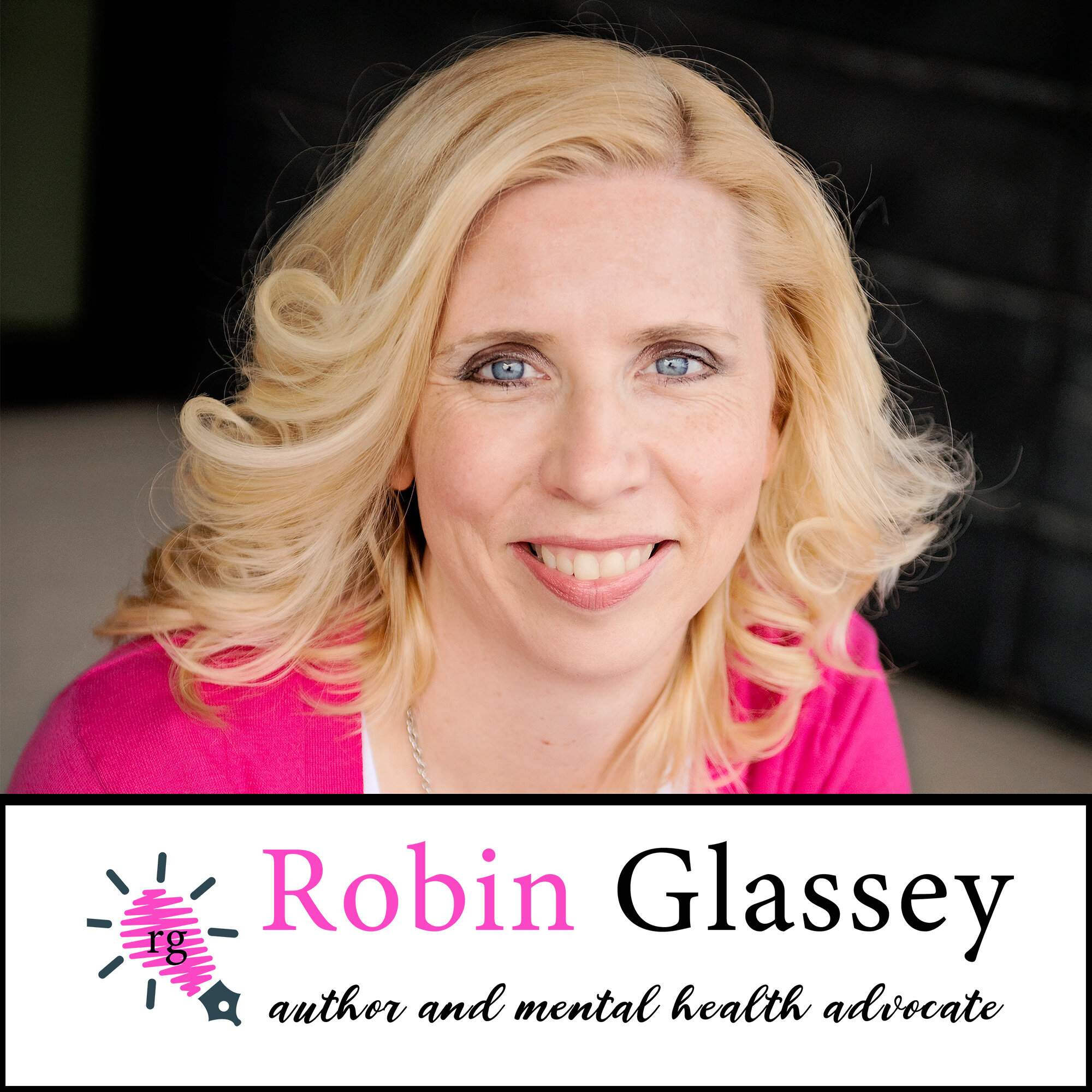Why Book Reviews Are Important
People Trust Reviews
Speaking for myself, I always look at reviews before I purchase anything online. If the review sounds well thought out with good reasoning, not just a simple, “I liked it,” or “I hated it,” I either purchase the item if it sounds like the quality is good, or move on to something else if the quality is questionable. I’ve also taught my children to read reviews before approaching me with any apps they want me to download on their devices. (It’s a great way to prevent future whining over laggy apps, or apps that have a habit of crashing. Not to mention apps that have ridiculous in-app purchases.) The same goes for book reviews. Take this review of a free book I was considering downloading:
“A poorly and practically unedited story. For a Kindle freebie this may be commonplace, but sentences such as "The DJ was is" or "out in her" are just inexcusable for any kind of published... well, anything. It was a major draw back as this was something that occurred so often it was jarring. If it was not words that did not make sense, it was run on sentences or misplaced commas.”
Needless to say, I didn’t download it.
And if a book doesn’t have any reviews, how is a reader supposed to know whether anyone liked? Even if a lot of people have read it.
How Algorithms Work
The more reviews a book gets, the more likely other readers will be to purchase a book, and the higher an author moves up in sales rankings as their book sales increase. Why are rankings a big deal? It goes back to marketing. Amazon will market an author’s book for them through recommendations. If you liked this, then you’ll like that. Or, customers who viewed this also viewed that. Goodreads can also be a powerful tool if people use it to recommend your book to their friends.
Book Promotions
In this competitive world, it’s getting harder and harder for authors to stand out among the masses. Amazon has anywhere from 750,000 to 800,000 ebooks available on Kindle and over 1.8 million titles in print. Because of this, authors turn to promotions to help get the word out about their books. But many promotional sites require a certain number of reviews before even considering a book. If you don’t have those reviews backing your title, you’re out of luck. So while you may have had plenty of readers who have read your book, if they haven’t reviewed it, you’re up the creek without a paddle, so to speak.
Conclusion
I know I didn’t start reviewing books until I became an author and realized the importance of reviews and how hard they are to come by. People just don’t typically take the time to write a review. But even giving a book a star rating can be helpful and boost a ranking. Is this book worth reading? Several four or five-star ratings tell me yes it is, while mostly one-star ratings tell me to run away.
I’ve spoken to a lot of authors about how hard it is to get reviews. And I think they would agree that getting reviews sometimes feels like the odds of getting the golden ticket in Charlie and the Chocolate Factory. The prize goes to the few, but you keep buying chocolate bars anyway.
I have the final book in my YA fantasy series (Azetha Rising) coming out in December and I’m biting my nails on this one, already worrying about reviews. But I came across a great idea that I’m going try in order to hit the ground running care of Tim Grahl. He suggests sending out emails to 75 readers on your email list eight weeks in advance of the release date with the ARC of your book (Advanced Reader Copies) and asking for honest reviews. If you send it to 75 people he says you should expect 25 reviews. I don’t know if I should expect 25 reviews, but I’ll give it a try and hope for that golden ticket anyway.
So remember, if you read a book, review it. There’s an author somewhere out there who’ll thank you for it.



